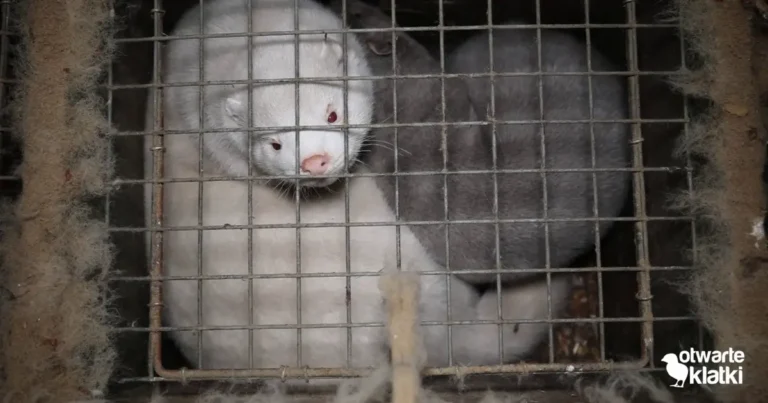
-
-
-
-
-
-
Rehabbers show fawns can be adopted

It’s long been known that orphaned birds of prey can be adopted by other families. Now it’s known that the same is true of orphaned fawns.
In an Edmonton Sun article, The Medicine River Wildlife Centre explained that they have been reintroducing orphaned fawns to the wild – and seeing success with the concept of adoption.
“We were told by scientists and some of our peers that this wouldn't work," Carol Kelly of the Medicine River Wildlife Centre told The Sun. “Now we are working to provide evidence that it does. Returning wildlife back to the wild is always the best solution. It's absolutely magical to watch an orphaned fawn find a new home in the wild."
White-Nose Syndrome spreading south
The fungus that is wreaking havoc on Canada’s bat populations has begun spreading south and wildlife officials are working hard to protect American bats.
The Times Colonist is reporting that caves in Kentucky and Tennessee are closed to the public, with others using high-tech bio-security mats, boots and other devices.
“It's a reality that almost any cave we go into these days will have white-nose syndrome if it has a significant number of bats," David Pelren, of the U.S. Fish and Wildlife Service said. “There may be a few caves that don't have white-nose syndrome yet. But, it's becoming, Tennessee is becoming rather saturated with white-nose syndrome."
Spring bear hunt court action has hunter advocate worried
“The Ontario Federation of Anglers and Hunters probably should get its ducks in a row to defend the sport of hunting against a formidable foe,” wrote The Sault Star’s Tom Mills.
Mills went on to attempt to swat away the concerns raised by Zoocheck and Animal Alliance of Canada – the two groups who have instigated the suit, including MNR’s own scientific reports stating that a spring bear hunt has no correlation with nuisance calls.
Mills also took the shot that all spring hunt advocates take: “Of course Toronto, home base of the Animal Alliance and Zoocheck, is a comfortable distance away from any consequences, positive or negative, of their own human intervention in the environment.”
Yet we believe that the courts – which look at facts alone – will not count this discriminatory remark in their decisions.
Blog Roll:
Snare that catches beaver is deemed illegal
WildSafeBC asks the right questions in bobcat conflict
B.C. unveils heinous plan to kill wolves
